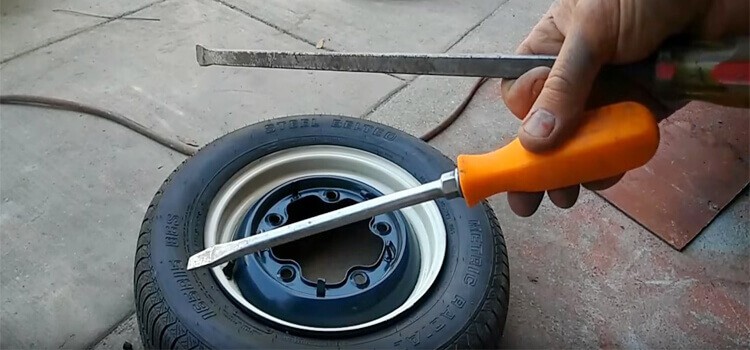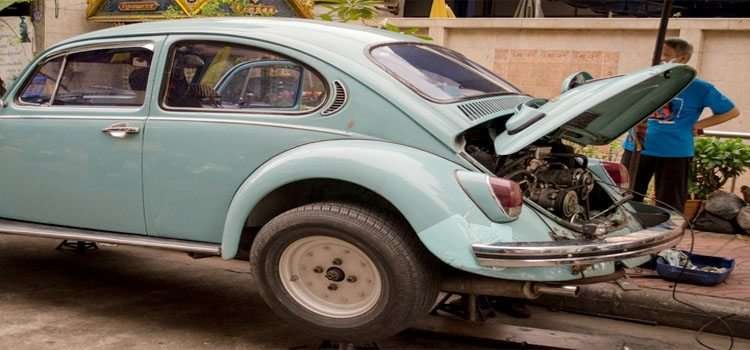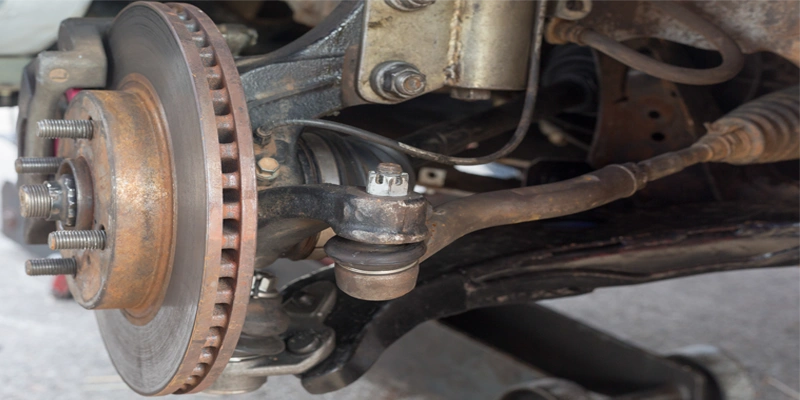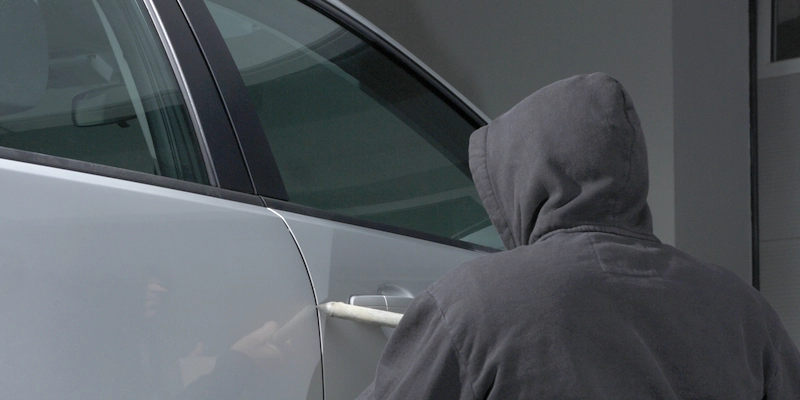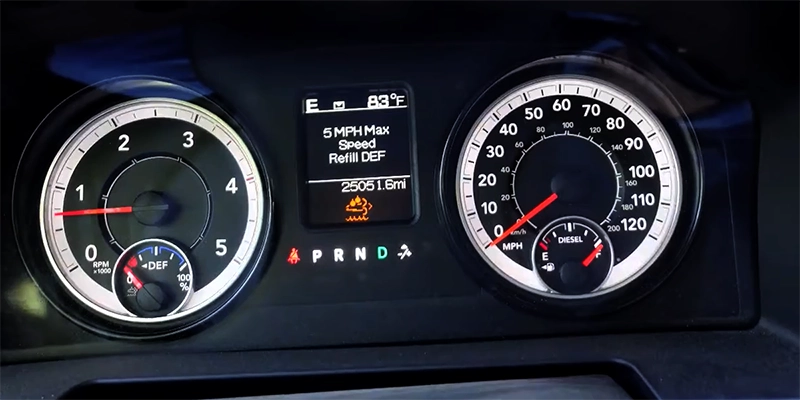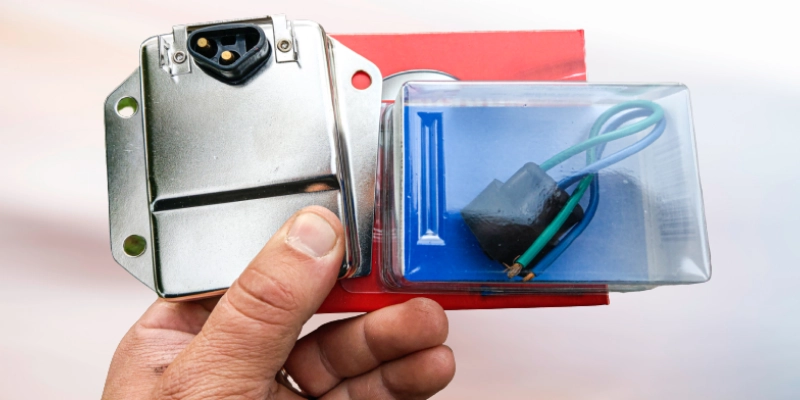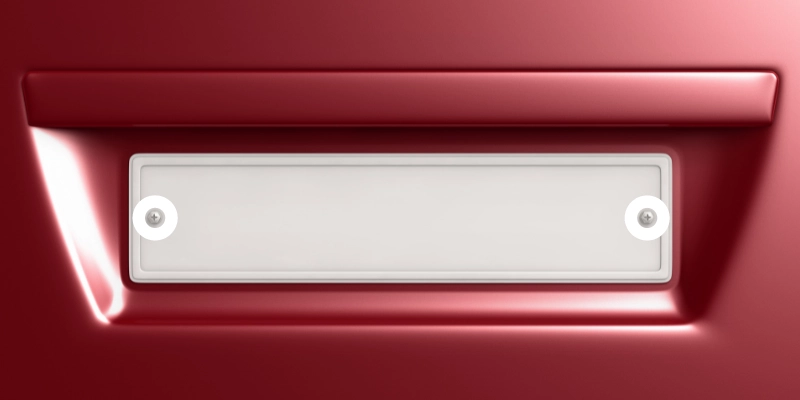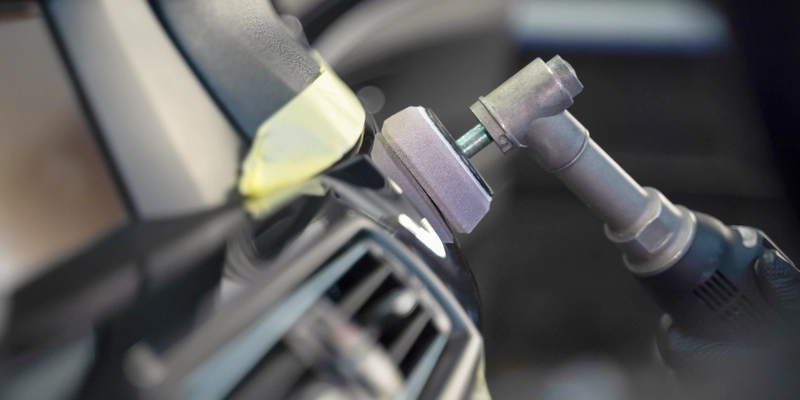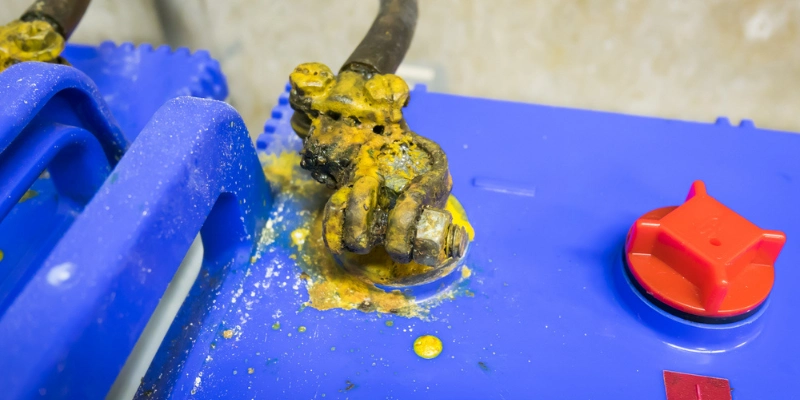It’s true that if cars could talk to you in some way then it is car idles. So, when your car screams through its rough idles, then you must realize that your beloved car isn’t okay. In fact, she needs some help. Rough idle has several reasons when cold! Finding out which reason is causing you trouble is a bit tough.
No worries. We’re here to help you out and gift you with a smooth ride. Car idles can happen due to carburetor problems, vacuum leaks, bad EGR valves, and some other reasons.
Some reasons can be fixed with repairing and some need part replacement. So, without further delay, let’s go straight into the details-
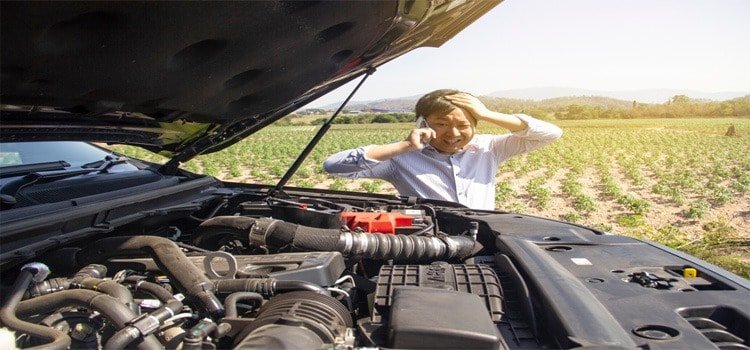
What Causes Rough Idle When Cold?
Here’s how rough idle happens-
The engine is started cold → The engine temperature sensor starts sending an increased temperature value signal → DME receives the signal → It leans the fuel mixture based on the wrong signal → Engine running rough and shaking or rough idling.
Now, we’ll discuss the reasons for this error signaling with possible solutions together.
Fuel Injectors might be Dirty
With increasing environmental consciousness, cars are becoming more and more fuel-efficient around the world.
Modern fuel injectors spray the exact amount of fuel needed into each cylinder. So, fuel injectors face a rough time with high temperatures and pressures. Sometimes, they get clogged with carbon.
As a result, performance declines, and rough idling appears.
Solution: This can be fixed in 3 ways-
- Remove your fuel injectors and try to clean those with [amazon link=”B001CAW2DK” title=”fuel system additives”].
- If that doesn’t cure rough idles, then go to your mechanic. Then clean those with a combo of powerful solvents and pressure.
- Install new fuel injectors
Prevention Method: Use high-quality gasoline or diesel fuel.
Clogged Air Filter Is Responsible
Air filters play a huge role in protecting the engine from contamination.
In doing so, the folded paper part of the air filters becomes clogged. So, the engine starts rough idling.
Solution: Replace Your [amazon link=”B000V53VR8″ title=”Air Filter”].
Prevention: To avoid rough idles, replace your air filters every year.
Spark plugs, Spark Plug Wires, and Ignition Coils need Checking
If spark plugs aren’t changed on a regular basis, then-
- Carbon deposits can clog those
- Oil and ash produced from the combustion process block those
- Worn electrodes create big gaps
- Increased voltage might damage the engine components
As a result, we hear rough idles.
Solution: Check your spark plugs. The condition of your spark plugs tells much about the car’s condition.
- Carbon Deposits: Too rich fuel mixture or weak spark
- Oil Deposits: Worn piston rings or leaking valves
- Ash Deposits: Low-quality oil or oil leak
Change fuel combo or piston rings or valves.
Prevention: Change the spark plugs, wires, and ignition coils according to the manufacturer’s recommendation.
PCV Valve is another Culprit
PCV valve or Positive Crankcase Ventilation takes unburned escaped gasses from the cylinders and sends those back to the engine to finish off the job.
Due to the extreme working conditions, PCV Valve gets jammed with dirt.
A leak in the PCV valve will cause the air-fuel mixture to become too lean. As a result, you’ll get rough idles.
Solution: Clean the valve.
Prevention: Do a periodic servicing of the PCV Valve.
EGR Valve Plays a Role
The EGR valve fails to open and close properly with time. This will result in a lean mixture.
Solution: Use a vacuum pump to test the working capabilities of EGR Valves. If it’s not working, then change it.
Prevention: Check on a regular basis.
Vacuum Leaks are One of the Main Reasons
Because of-
- Worn out hoses
- Loose hoses
- Gasket Leaks
- Vacuum Supply tank leaks
Lean air mixture enters the system and your car gets rough idles.
Solution: Listen if you can hear a hissing sound. Once you find the problematic vacuum line, replace it.
Prevention: N/A
Carburetor Problems
You can get rough idle when the carburetor starts to have problems. This is only applicable to older vehicles. Modern cars don’t have carburetors in those.
But the outdated car belongs to the carburetor and it needs to clean on a regular basis.
Solution: Clean up the carburetor and remove carbon deposits. Check up the vacuum hoses. Replace if you find a leaked one. See if the distributor cap and rotor are worn out. If yes, then change those.
Prevention: N/A
Other Reasons for Rough Idle When Cold
Besides these major reasons, some other reasons may also play a role in creating rough idles. These are:
- Ignition Timing might be wrong
Solution: Adjust the Ignition Timing - Incorrect Idle Speed Settings
Solution: Rest factory settings
- Head Gasket Leak
Solution: Fix it if possible or replace/repair it.
Special Scenarios Related to Rough Idles
Cars start rough idling in strange places. For that we know, some car idling high at the park isn’t that strange. During those times, it’s important to detect the actual problem so that it’s easier to solve it.
Scenario & Troubleshooting
Rough idle at stop: Sometimes cars have rough idles only when stopped. This means that the car has vacuum leaks or ignition problems.
Rough idle in drive: This too might be caused by vacuum leaks.
Actually, a vacuum leak is an answer to what causes rough idle at low rpm.
If your car idles rough but drives smoothly, then you have a spark plug problem. This is like some rule of thumb. If you want to be sure then take your car to a mechanic.
Fixing Process
A computerized Engine Control System is great to start fixing your rough idles. Your mechanic will start with this to see what codes are triggered. This will save a lot of time and you’ll get a smooth car in no time.
Takeaway
Rough idles when cold should be dealt with as soon as possible. Find out the culprits behind this irritating sound and fix it. Try to solve this problem before it becomes tougher and more costly.
To prevent this check your components on a regular basis. Change your parts before those start creating rough idles. All in all, good luck and happy driving.
 Skip to content
Skip to content
